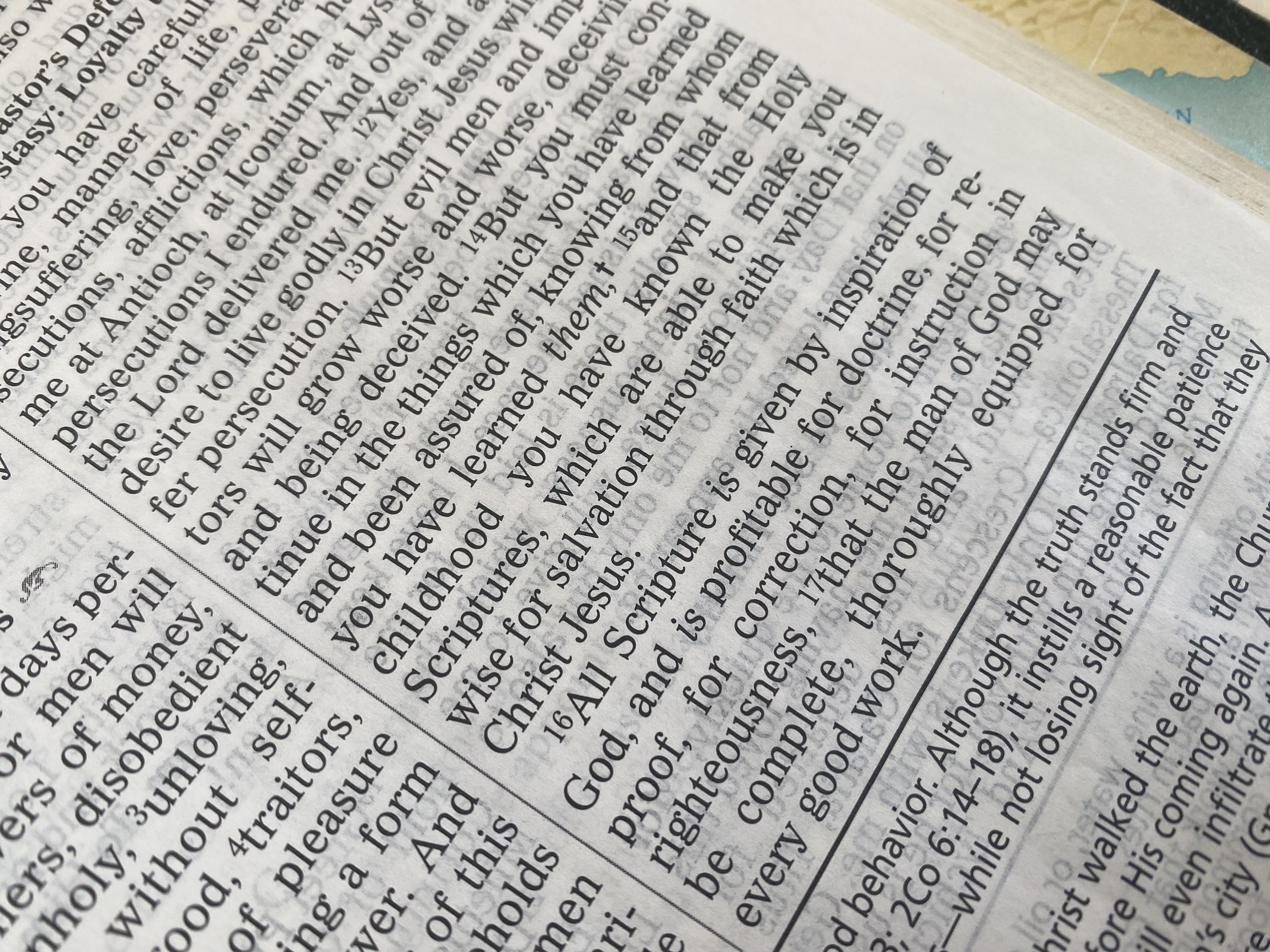Christ the Educator: St. Clement on Christ as Guide and Goal of Education

Education has figured prominently in the life and work of the church since its origins. The sobering task of handing down the faith from one generation to the next requires the intentional involvement of parents, pastors, and teachers in forming human beings, both intellectually and spiritually, for a meaningful life in this world and the world to come. From this perspective, education is much more than the transfer of knowledge from one person to another. While education certainly includes the passing down of knowledge, it also entails the passing down of a way of life. Education is formative as one is molded and shaped into the pattern of Christ, the master teacher. This concept of education bringing students into maturity and conformity with the image of Christ is evident in the Scriptures and in the early church fathers.
New Testament professor, Jonathan Pennington, explains that the term paideia “is used ubiquitously in Greek literature to refer to bringing children from childhood to mature adult life through education.” Through a wholistic approach to education that includes both knowledge and formation, one is directed towards a full expression of human purpose. Pennington notes:
The goal of education is to train and bring to maturity the whole person—body, mind, and soul. Paideia is consciously shaping the young to understand and appreciate ‘the beautiful and the good,’ always pursuing ‘excellence’ or ‘virtue.’ All throughout Greek literature the end goal (telos) of whole-person education is understood as the satisfied life of flourishing that the mature (teleios) alone can experience. This goal (telos) and state of maturity (teleios) are both important Greek words that appear also in the Bible, often translated as ‘perfect’ and ‘perfection.’
This biblical interplay of paideia and telos represents how educative formation spurs us on to maturity and to our deepest human telos in faith towards God, love towards neighbor, and our final destiny of communion with God.
During the 2nd century AD, Clement of Alexandria developed these concepts in his work Christ the Educator, in which he applies the image of the pedagogue to Christ himself. Clement’s work manifests a rich understanding of the whole person—mind, body, and soul—being formed by Christ, who is “strengthening our souls…and guiding [us] to the perfect knowledge of truth.” History Professor Richard Gamble notes that Clement finds scriptural warrant for this metaphor from the apostle Paul who spoke of “children’s ‘paideia in the Lord’ (Eph 6:4), or God’s word as a ‘paideia in righteousness’ (2 Tim 3:16), and of the Old Testament law as a faithful paidagogos leading men to Christ (Gal 3:24).” Clement writes that “the Word who leads us…to salvation is unquestionably an Educator” and that “the material He educates us in is fear of God, for this fear instructs us in the service of God, educates to the knowledge of truth, and guides by a path leading straight up to heaven.” Here Clement finds education’s ultimate goal. The philosopher-theologian continues:
The education that God gives is the imparting of the truth that will guide us correctly to the contemplation of God, and a description of holy deeds that endure forever. Just as the general directs a line of battle with the safety of his soldiers in mind, and as the helmsman pilots his ship conscious of his responsibility for the lives of his passengers, so the Educator, in his concern for us, leads his children along a way of life that ensures salvation.
Education, for Clement, culminates in the contemplation of God and that which endures forever. But we are not left to our own devices to reach such a pinnacle. We don’t have to get there by autonomous striving or self-directed searching. We have a guide, a mentor—an Educator. Clement puts it this way:
For, wandering in life as in deep darkness, we need a guide that cannot stumble or stray; and our guide is the best, not blind, as the Scripture says, ‘leading the blind into pits.’ But the Word is keen-sighted, and scans the recesses of the heart….Let us then aim at the fulfilment of the commandments by the works of the Lord; for the Word Himself also, having openly become flesh, exhibited the same virtue, both practical and contemplative. Wherefore let us regard the Word as…the short and straight [path] to immortality.
In these words from Clement nearly two millennia ago we see a common thread that holds true for each generation: contemplation of the Divine as revealed in Christ is education’s ultimate end. In a way that surpasses all understanding, Christ is both the guide and goal, the director and destiny of education.
Joshua Pauling is a classical educator, furniture-maker, and vicar at All Saints Lutheran Church (LCMS) in Charlotte, NC. He is the author of the forthcoming book Education’s End: Its Undoing Explained, Its Hope Reclaimed, and co-author with Robin Phillips of the forthcoming book We’re All Cyborgs Now: Technology and the Christian Faith. A contributing writer for Salvo and Modern Reformation, he has also written for Touchstone, Public Discourse, FORMA, Classical Lutheran Education Journal, LOGIA, Front Porch Republic, Mere Orthodoxy, and Quillette. He also worked in public education for thirteen years as a high school history teacher and coach.
Joshua Pauling
Joshua Pauling is a classical educator, furniture-maker, and vicar at All Saints Lutheran Church (LCMS) in Charlotte, NC. He writes for a variety of publications and also worked in public education for thirteen years as a high school history teacher and coach.










